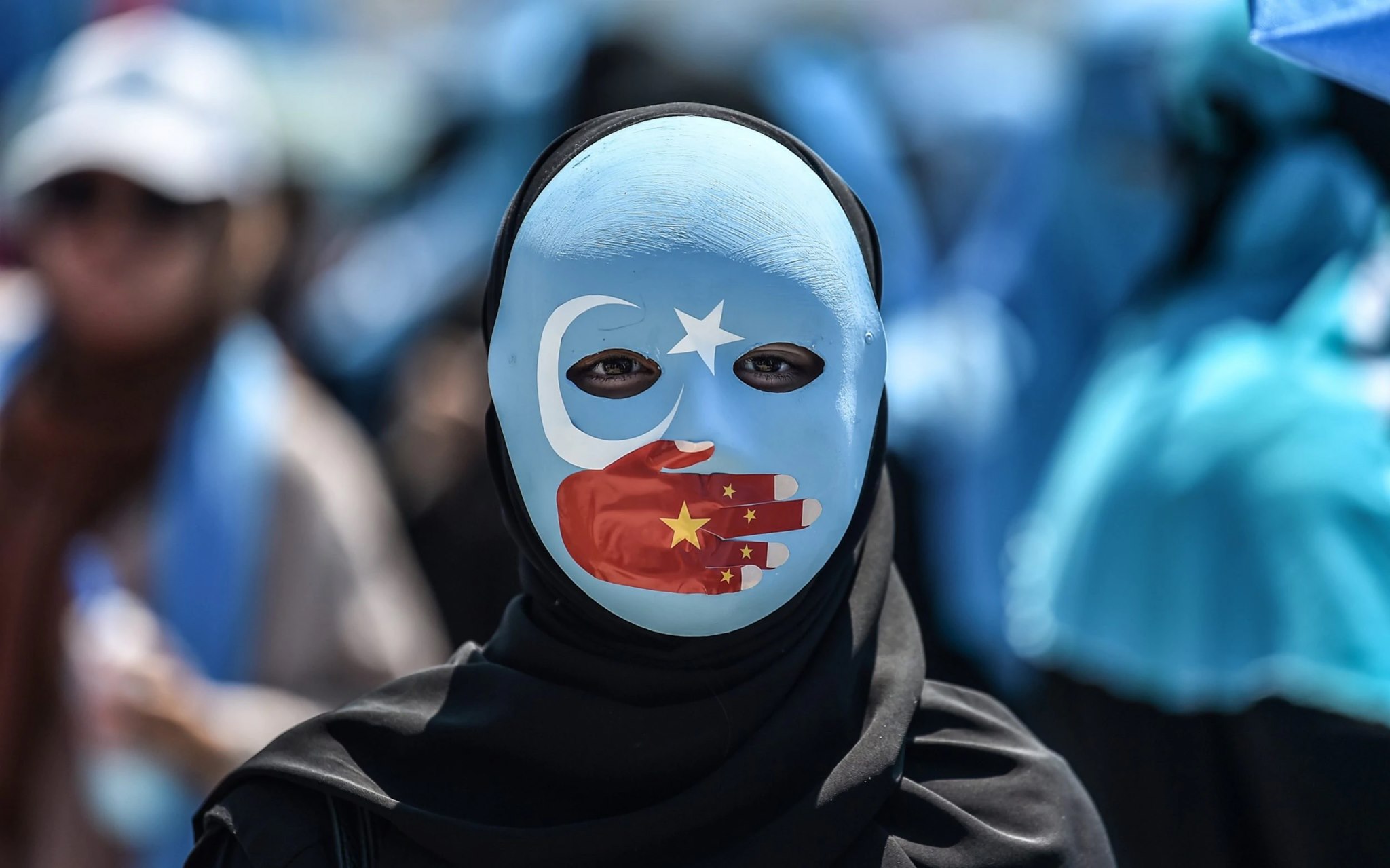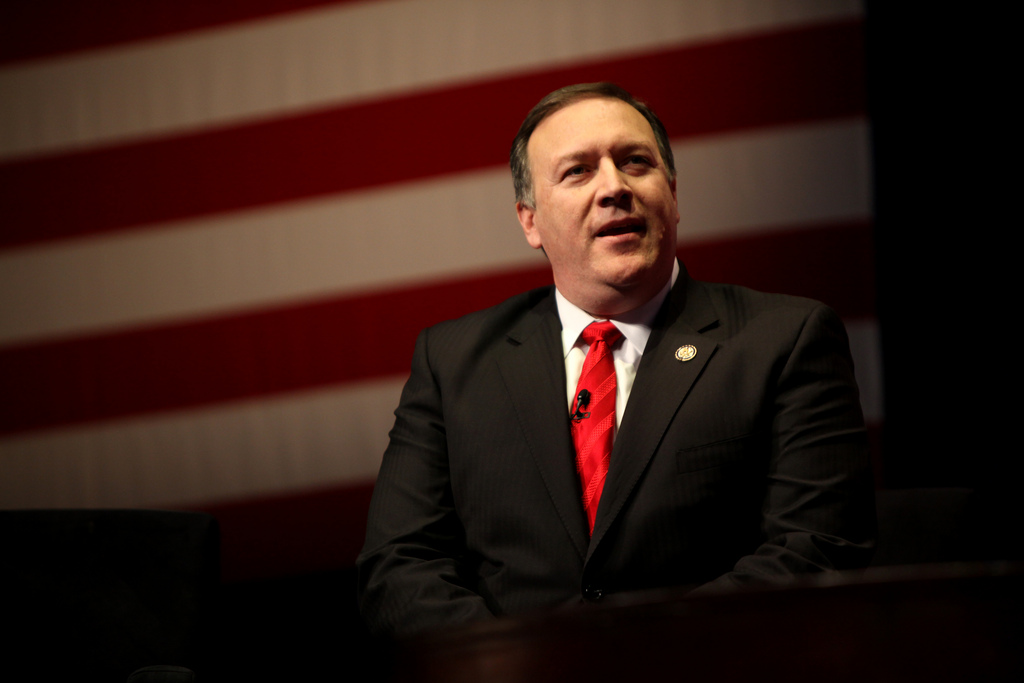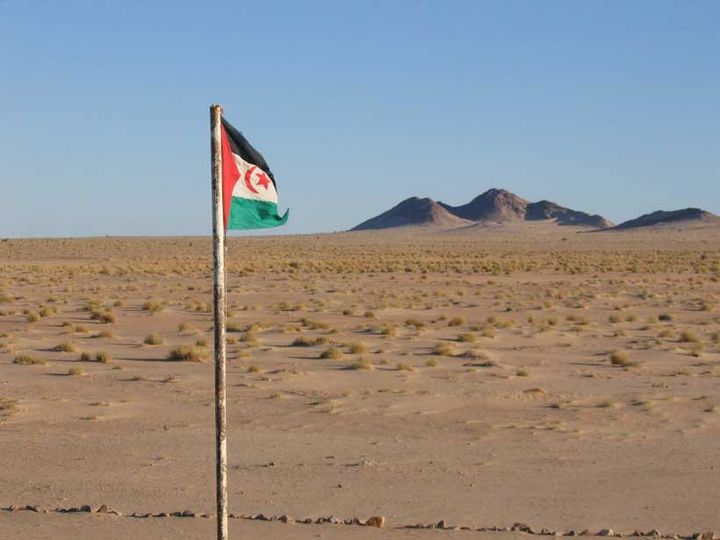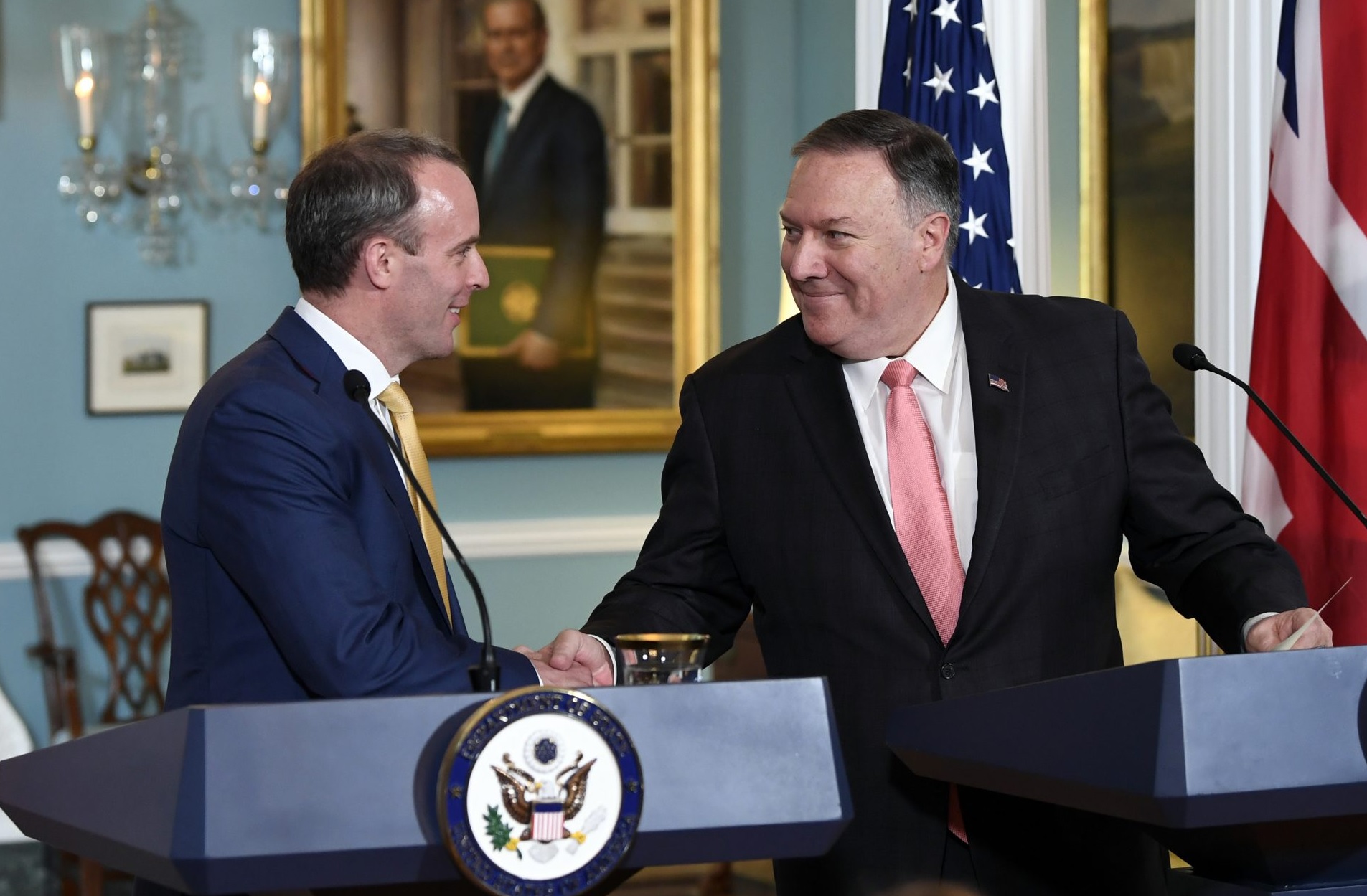Detroit seeks to countersue Black Lives Matter activists for 'civil conspiracy'
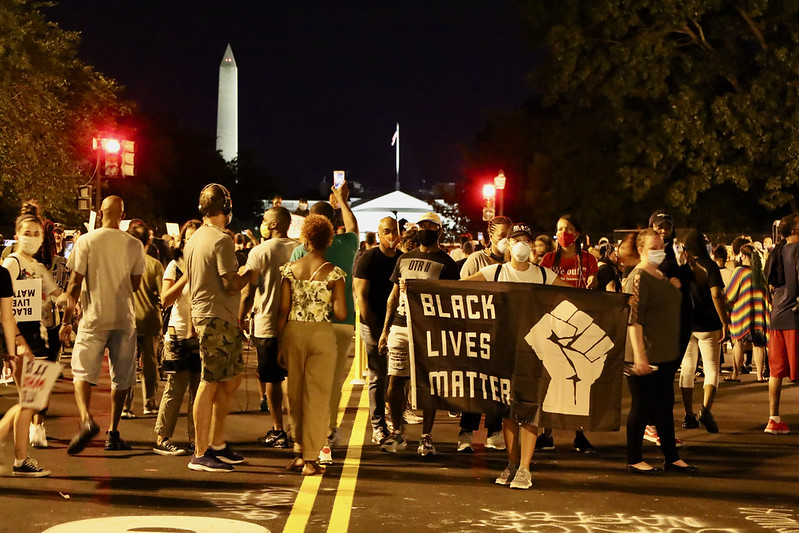
File photograph: Black Lives Matter protests in Washington DC, 2020. (Joe Flood)
The city of Detroit announced last month that it is countersuing Black Lives Matter protestors after a group of organizers sued the local government in late August.
After protests across the USA and around the world over the killing of George Floyd police in May, activists in Detroit sued the local government for how the police reacted to the demonstrations. Alleging that Detroit cops “repeatedly responded with violence” and asking the federal judge to bar the police from using tools of “excessive force” like chemical weapons or rubber bullets in the future.
The city has now filed a countersuit in response, alleging a “civil conspiracy” and claiming the protests in the city “have repeatedly turned violent, endangering the lives of police and the public.” Activists were also blamed for “defamation” of the mayor and the police, contending that the city should be awarded damages.
Protestors are enlisting the support of national legal groups and seeking the backing of the Detroit city council, in the hope of cutting off the financing of the city’s lawsuit.
“These attacks against us are a way of attempting to minimize our ability to go on the offensive and call for transparency and accountability,” said Tristan Taylor, a protest leader in the city. “This is just a way of saying to people, ‘This is not a place where you can raise your voice.”
“Chief Craig has really dug in his heels,” Taylor told NPR, referring to Detroit Police Department head Chief James Craig. “[He is] determined not only to rule over a department that can act with impunity but seeks to silence dissent about those very actions.”
The city has cited four protests that occurred this year where injuries to police officers were inflicted including “cracked vertebrae, lacerations, and concussions,” according to the report. However, the documents provide no details on how each injury occurred and whom among the protestors caused the injuries. Likewise, the filings also claim protestors were “destroying and defacing public property,” but only acknowledge a shattered window on a police car on an unspecified date and a spray-painted statue of a slaveowner.
The city goes on to claim that Nakia Wallace, leader of the Detroit Will Breath organization, “falsely characterized [Detroit police] officers” by posting on Twitter about the “murderous and brutal nature of the Detroit Police Department.” The city’s complaint also accuses the organization of peddling a “false narrative to rile the public” about the fatal police shooting of 20-year-old Hakim Littleton in July, noting that body and dashcam footage released the day of the killing “shows the man fire a gun at an officer before police shot him” without appropriately acknowledging that the police landed most of their shots on Littleton, including one to the head after tackling him to the ground, according to video evidence.
The protestors’ complaint, however, includes extensive details on the violent actions of Detroit police officers.
Detroit City Council Member Raquel Castañeda-López told The Intercept, “The claims in the countersuit are ludicrous. If we as a city begin countersuing residents for protesting, it’s setting the first stone on the path of making it even more legally permissible to violate people’s First Amendment rights.”
Legal advocates agree with Castañeda-López’s position. The American Civil Liberties Union described Detroit’s counterclaim as “dangerous” and “chilling,” noting that it can be applied to impose “ruinous liability on generations of civil rights protestors.”
Read more from The Intercept here and NPR here.



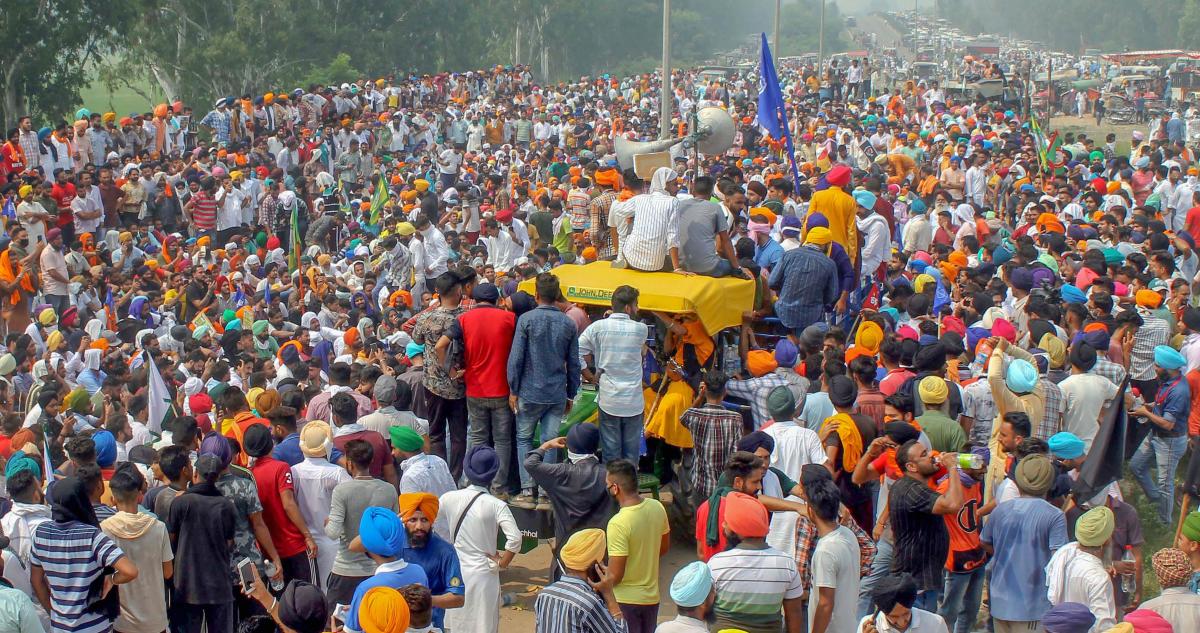 Punjab Haryana border near Ambala
Punjab Haryana border near Ambala
.jpg)
.jpg)
.jpg)

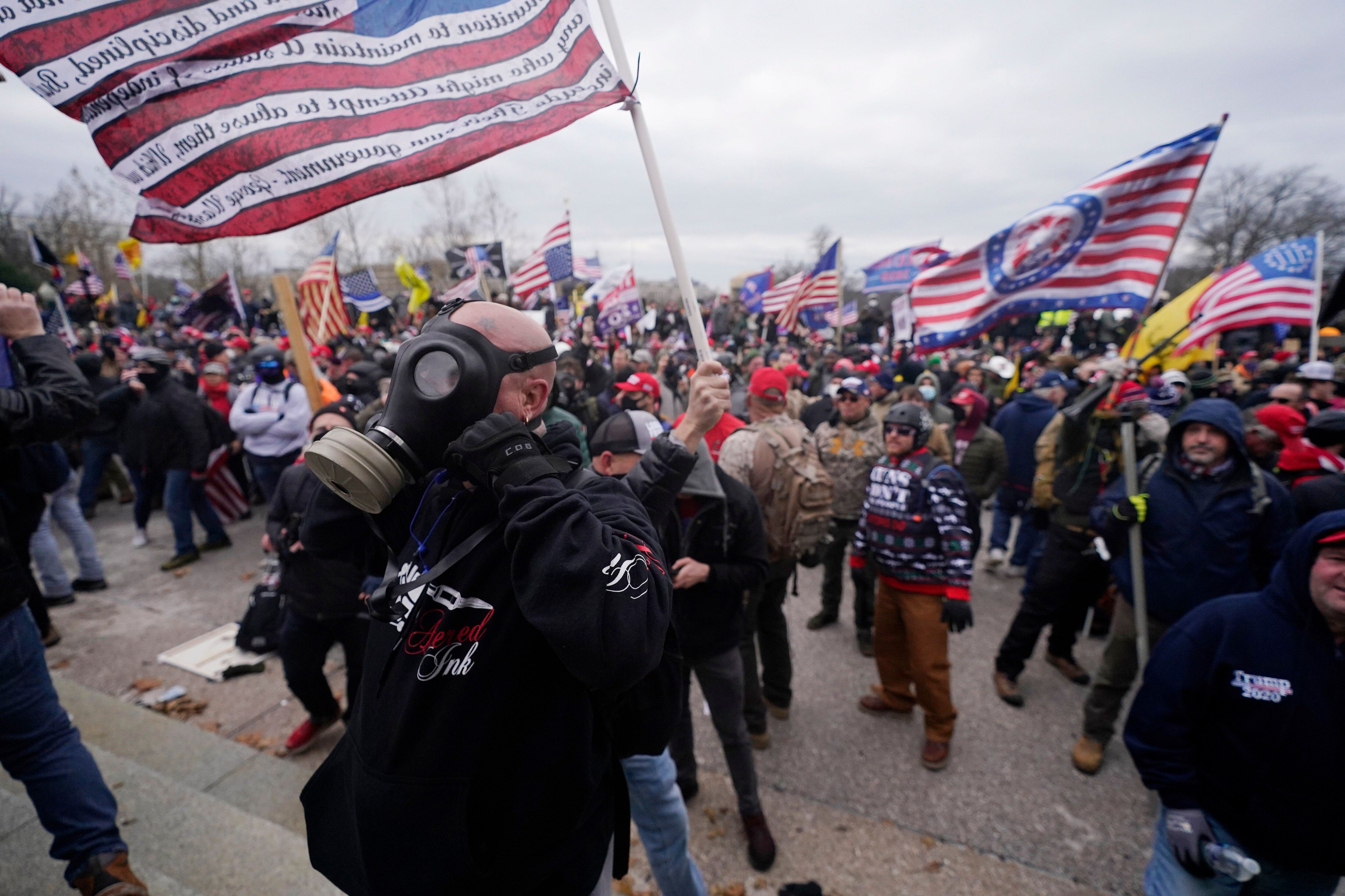
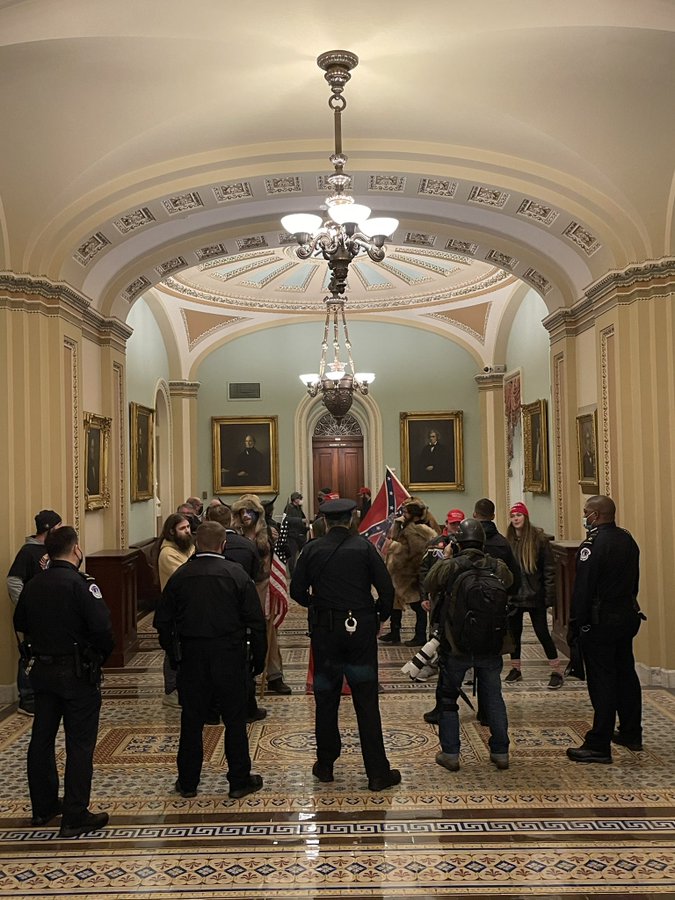

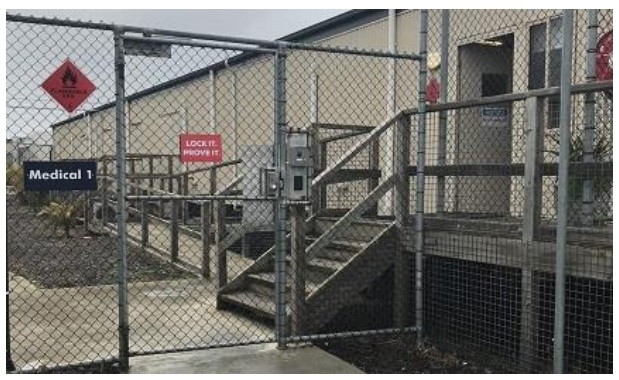

_C.jpg)






